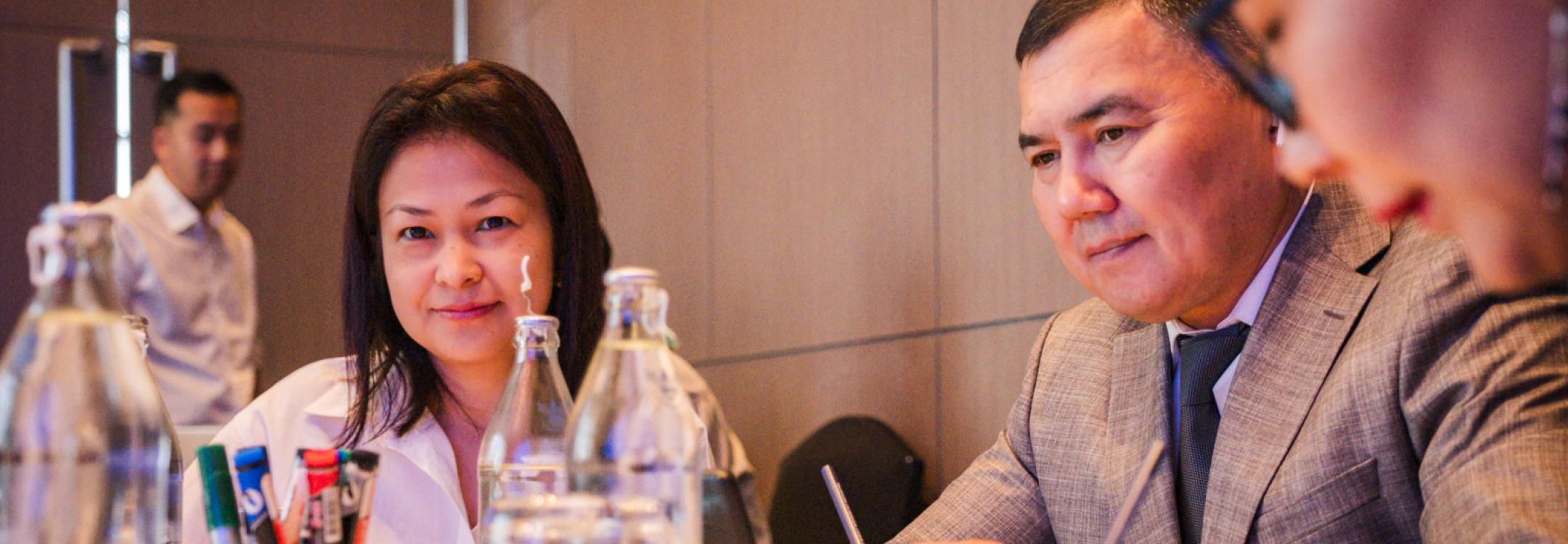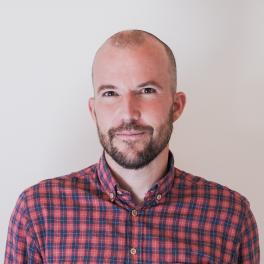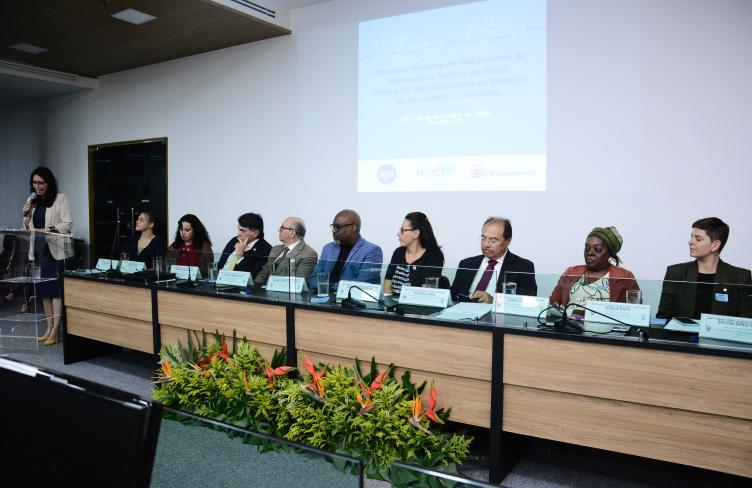
Building on a positive dynamic towards torture prevention in the Asia Pacific, the first-ever Asian NPM workshop brought together representatives from seven national human rights institutions (NHRIs).
The three-day meeting in Bangkok, Thailand, involved five NHRIs that have established NPMs (Kazakhstan, Maldives, Mongolia, New Zealand and Sri Lanka) and two NHRIs (Philippines and Thailand) that are actively pursuing the establishment of NPMs in their countries.
It provided a unique platform for NHRI representatives to share their experiences, learn from each other and plan potential collaborations for the important work of preventing torture.
The workshop, held from 18-20 June, also enabled NPMs to share examples of good practices and how they have worked through challenges at very different phases of their development. Some, like the Maldives, have been in existence for over a decade, while others, such as Mongolia and Sri Lanka, have only recently begun to implement their new mandates.
"This kind of regional and global exchange is one of the strengths of the OPCAT," said APT Senior Adviser on Oversight, Ben Buckland. "While regional NPM networks are already well developed elsewhere, this is the first time that the Asia-Pacific region has worked together in this way."
The workshop was organised by the Asia Pacific Forum of National Human Rights Institutions (APF) in partnership with the APT, and with the financial support of the European Union.
Other regions have NPM networks that have been active for some time but this is the beginning of that in the Asia Pacific. It is such a good opportunity for NPMs here to benefit from the collegiality and cross-institutional learning that is one of the strengths of the OPCAT system.
Following the adoption in November 2023 of the Kyiv-Copenhagen Declaration by the global body of NHRIs, it was an important step by the NHRIs in the Asia Pacific region in support of the Declaration’s ambitious torture prevention goals.
Representatives of the NHRIs of Thailand and the Philippines participated as observers in the event. No NPM has yet been designated in the Philippines and, in the case of Thailand, the OPCAT has yet to be ratified. Nevertheless, both NHRIs have been using their existing powers and expertise to visit places of deprivation of liberty and to study what would be required to integrate an NPM mandate, should they be designated as such.
“From this workshop, participants were able to establish a supportive and collaborative community of practice and forge connections to support each other’s work,” Mr Buckland said. “Together with the APF and APT, all participants expect to cultivate a network of Asia Pacific NHRI-NPMs that will continue beyond the workshop and help strengthen torture prevention efforts in the region.”









